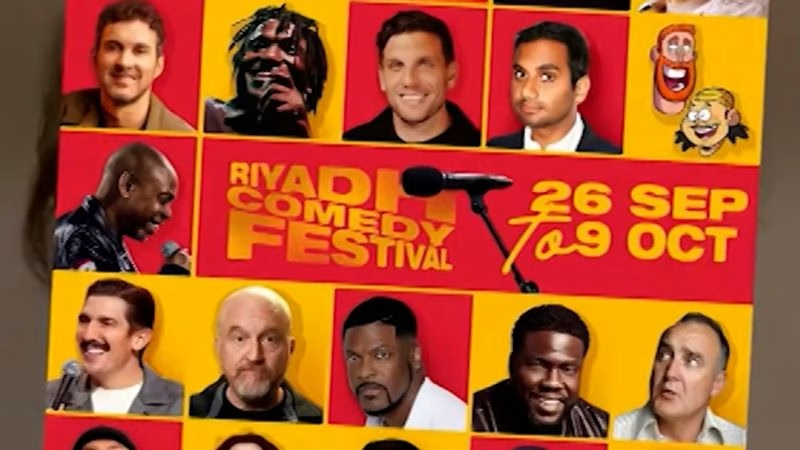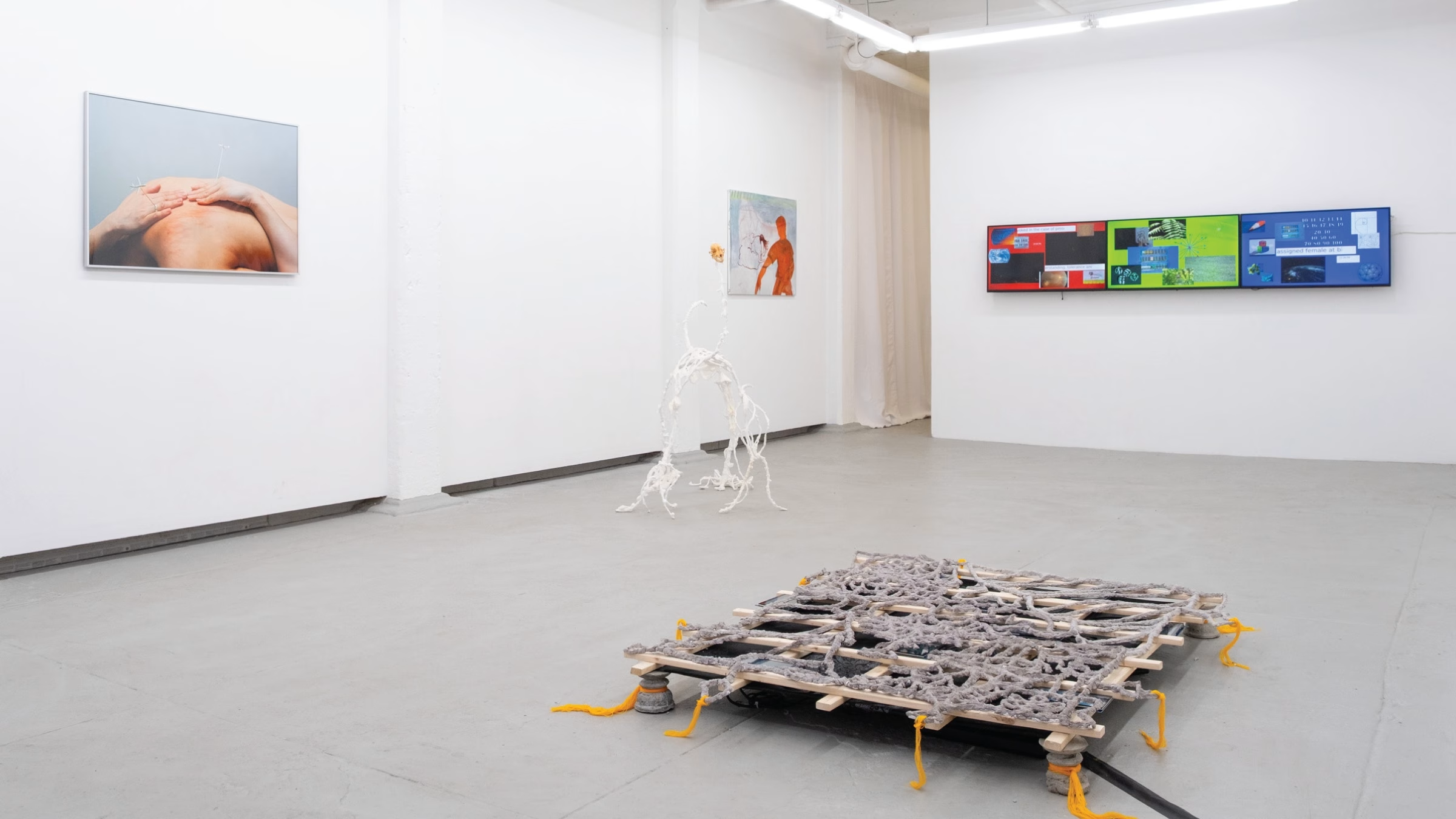The inaugural Riyadh Comedy Festival, touted as “the largest comedy festival worldwide,” showcases top American comedians from September 26 to October 9. Headliners include Dave Chappelle, Louis CK, Bill Burr, Kevin Hart, Whitney Cummings, Pete Davidson, Aziz Ansari, and Jo Koy, all of whom are taking their payments directly from the Saudi government.
The festival is produced by Sela, a live events company associated with Saudi Arabia’s wealth fund, alongside the General Entertainment Authority led by Turki al-Sheikh, a royal advisor facing accusations of human rights abuses, including the detention of social media critics.
Critics, including Human Rights Watch, argue that the festival serves as a way for the Saudi regime to obscure its human rights violations. HRW researcher Joey Shea stated, “This whitewashing occurs alongside a significant crackdown on free speech, which many of these comedians advocate for but others in Saudi Arabia are entirely denied.”
The event has drawn criticism not only from human rights organizations but also from within the comedy community. Comedian Marc Maron noted, “The same guy who’s paying them is the same guy who paid to have Jamal Khashoggi dismembered.” Stavros Halkias revealed that he turned down the opportunity, deeming it inappropriate to accept money from a regime he finds “spooky.”
Comedian Shane Gillis mentioned in his podcast that he refused a lucrative offer from the festival due to the Saudi government’s alleged connection to the 9/11 attacks, although he later seemed to downplay his rationale, saying, “I didn’t even think about it.”
David Cross, known for his role in Arrested Development, wrote an open letter condemning the participating comedians. He expressed his disgust, asking, “Is it worth a fourth house or a new boat?”
Comedian Jim Jefferies, who initially participated but has since dropped out, commented on a podcast, “One reporter was killed by the government—unfortunate, but not a hill I’m willing to die on.”
Others have been more candid about their ethical compromises. Stand-up comic Tim Dillon infamously remarked, “So what if they have slaves? They’re paying me enough to look the other way.” Pete Davidson echoed this sentiment, suggesting he could overlook the implications of accepting payment from a country linked to the 9/11 tragedy because of the number on the check: “I see the number, and I go, ‘I’ll go.’”
Despite concerns about the festival’s controversial backdrop, many comedians reportedly received significant financial offers, with Dillon claiming he was offered $375,000, and that some were presented with multi-million dollar contracts. Some acts, like Nimesh Patel, chose to withdraw, admitting they were tempted by the substantial payment but ultimately felt the situation wasn’t worth the moral compromise.
While many of the featured comedians are already financially secure—Chappelle, Hart, Burr, Koy, and Gabriel Iglesias being among the highest-earning in their field—this represents a notable shift. Previously, they positioned themselves as champions of free speech, regularly pushing back against limitations for social and political commentary.
Overall, the Riyadh Comedy Festival presents an ethical conundrum for comedians who have championed free speech while navigating a complex landscape that intertwines entertainment, finance, and human rights issues.













